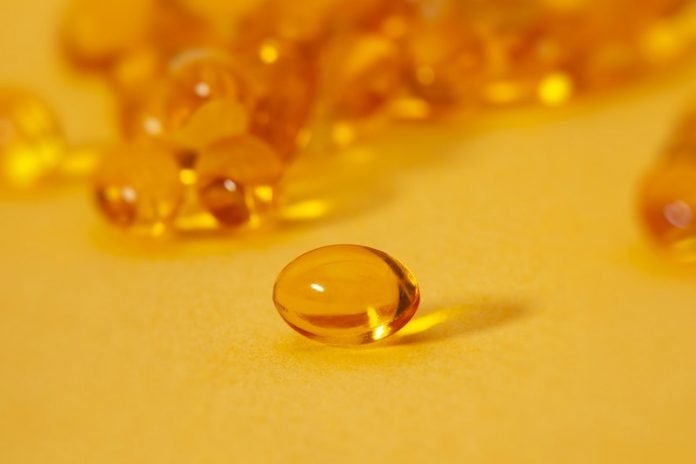
Recent studies have found that vitamin D supplements may help protect against COVID-19.
Scientists from Albert Einstein College of Medicine found that patients with low vitamin D levels who are hospitalized for COVID-19 may have a lower risk of dying or requiring mechanical ventilation if they receive vitamin D supplementation of at least 1,000 units weekly.
The research was conducted by Sweta Chekuri et al.
In the study, the team tested 124 adult patients with low vitamin D. They were measured up to 90 days before their admission for COVID-19.
The team found that patients who were supplemented were less likely to be mechanically ventilated or to die the following admission.
The researchers say it is clear that patients with low vitamin D should receive supplementation not only for bone health but also for stronger protection against severe COVID-19.
In another recent study by the University of Bristol, scientists found that over 80% of patients diagnosed with COVID-19 were vitamin D deficient.
They found why vitamin D may help combat COVID-19.
The research is published in the journal of the German Chemical Society Angewandte Chemie and was conducted by Deborah Shoemark et al.
In the study, the team found that vitamin D supplements (and possibly vitamins K and A ) could bind to the viral spike protein and so may reduce SARS-CoV-2 infectivity.
In another study, scientists from the University of Chicago found that when it comes to COVID-19, having vitamin D levels above those traditionally considered sufficient may lower the risk of infection.
The study is published in JAMA Network Open and was conducted by David Meltzer, et al.
In the study, the team looked at data from over 3,000 patients at U Chicago Medicine who had had their vitamin D levels tested within 14 days before a COVID-19 test.
They found that people who had lower levels of vitamin D in the body had a 2.64 times higher risk of testing positive for COVID-19 than people with higher levels of vitamin D.
This research is an expansion of an earlier study showing that a vitamin D deficiency (less than 20 ng/ml) may raise the risk of testing positive for COVID-19.
The researchers suggest that having vitamin D levels above those normally considered sufficient is linked to a decreased risk of testing positive for COVID-19.
These studies suggest that vitamin D may play a role in protecting against COVID-19.
Some recent studies also have found controversial results about vitamin D and severe COVID-19. More work is needed in the future to clarify the association.
If you care about supplements, please read studies about why vitamin K is so important for older people, and this natural food supplement may relieve anxiety.
For more information about supplements, please see recent studies about supplements that could help prevent heart disease, stroke, and results showing Vitamin D may protect you from type 2 diabetes.
Copyright © 2022 Knowridge Science Report. All rights reserved.



